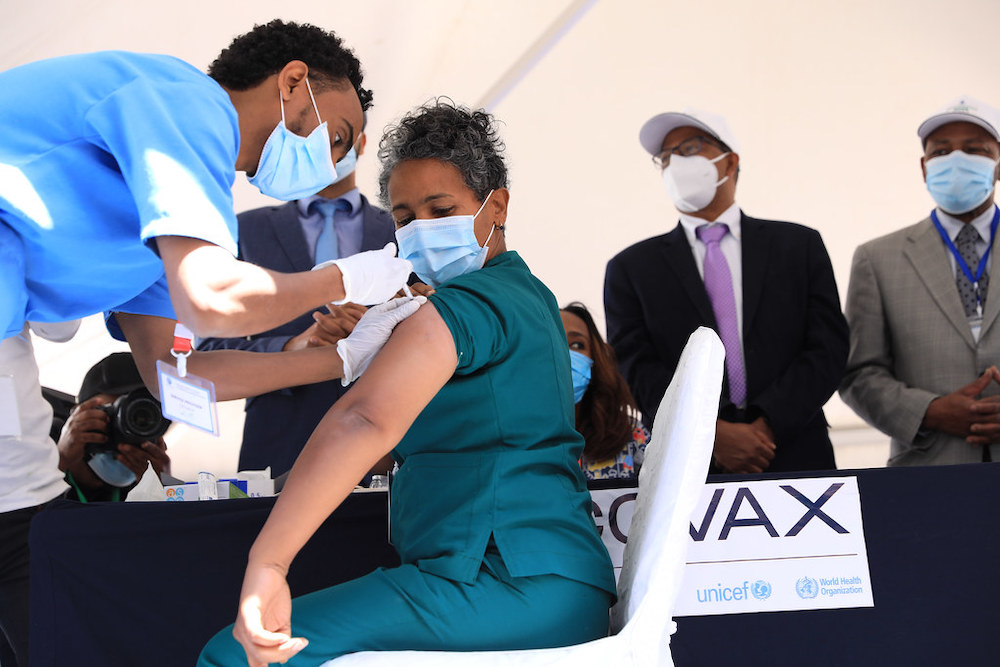Vaccine inequity has a fundamental impact on global health security across the world and can be traced back to issues related to intellectual property, infrastructure, skills shortage, production, and supply chains. The issues of vaccine inequity will have a long-term and profound impact on social and economic recoveries, especially in low-income countries and marginalised communities on the African continent.
In response to vaccine inequity in the context of the Covid-19 pandemic, there are now considerable efforts that are being driven through partnership models between governments, businesses, not-for-profit organisations, individuals, and community-based organisations to boost vaccine development and distribution. These partnerships are also creating consolidated efforts to identify gaps in distribution of vaccines, factors inhibiting people from getting vaccinated, and providing solutions to making vaccines more accessible, credible, and accepted across the world.
In the past year, various partnerships have been established to support governments’ public health goals to address vaccine inequity on multiple health issues, and below we focus on Covid-19 and HIV:
“The agreement is part of a major package of investment in vaccine and pharmaceuticals production in Africa launched by Team Europe in May, which brings together the European Commission, EU Member States, and the European Investment Bank, and other financial institutions, in line with the EU’s Strategy with Africa and the strategy of the Africa Centres for Disease Control and Prevention (Africa CDC) and the Partnerships for African Vaccine Manufacturing (PAVM)”
Public-private partnerships driving innovation in cold-chain infrastructure
Partnerships between the public and private sector are developing solutions for cold-chain innovation on the African continent. These cold storage solutions are designed for covid vaccine transports, which ensures that vaccine quality and quantity is up to health standards as they are moved, especially to communities that are in hot-weather regions that are underserved.
Europe-Africa research partnership launched HIV vaccine trial in three African countries
The efficiencies in which partnerships have responded to the Covid-19 pandemic has also brought back much needed prioritisation and attention to the development of the HIV vaccine. Through a Europe-Africa research partnership there was recently a launch of HIV vaccine clinical trials in three African countries. The first volunteers who have been vaccinated are in Lusaka, Zambia in a Phase I HIV vaccine trail. “The trial, known as HIV-CORE 006, will evaluate the safety, tolerability, and immunogenicity of an HIV vaccine candidate known as HIVconsvX”.
In closing, partnerships in healthcare between the public and private sector have provided much needed acceleration in the response to global health issues. Now with vaccine inequities being one of the key challenge affecting our response to global health risks and fighting the Covid-19 pandemic, the continuation of leveraging consolidated efforts of partnerships will be crucial for our current and future global health responses.

